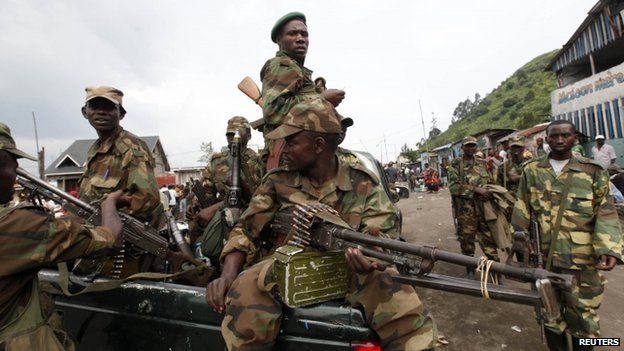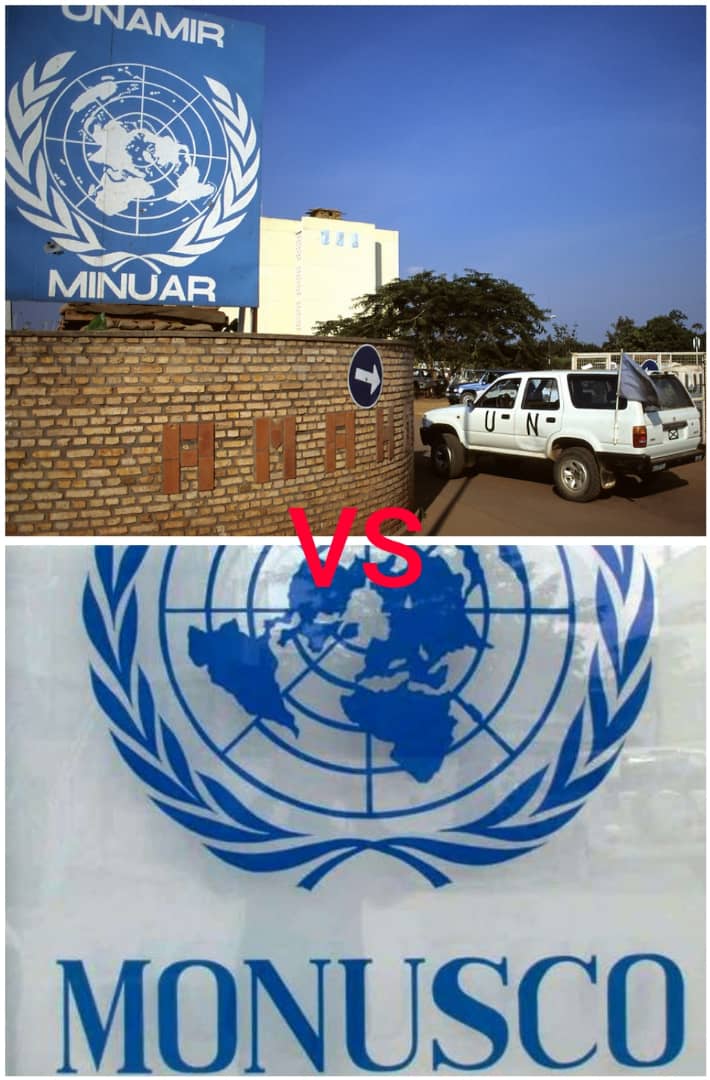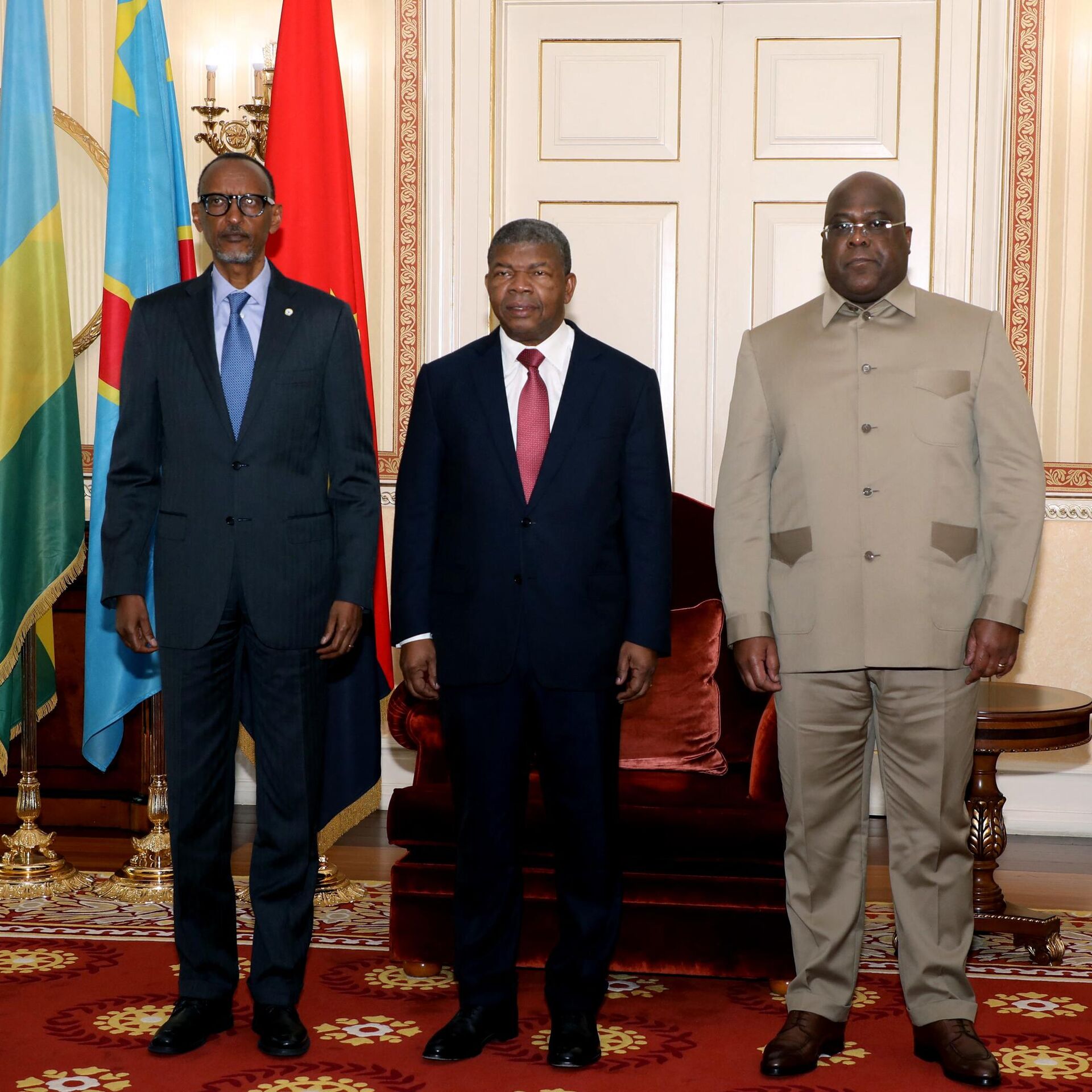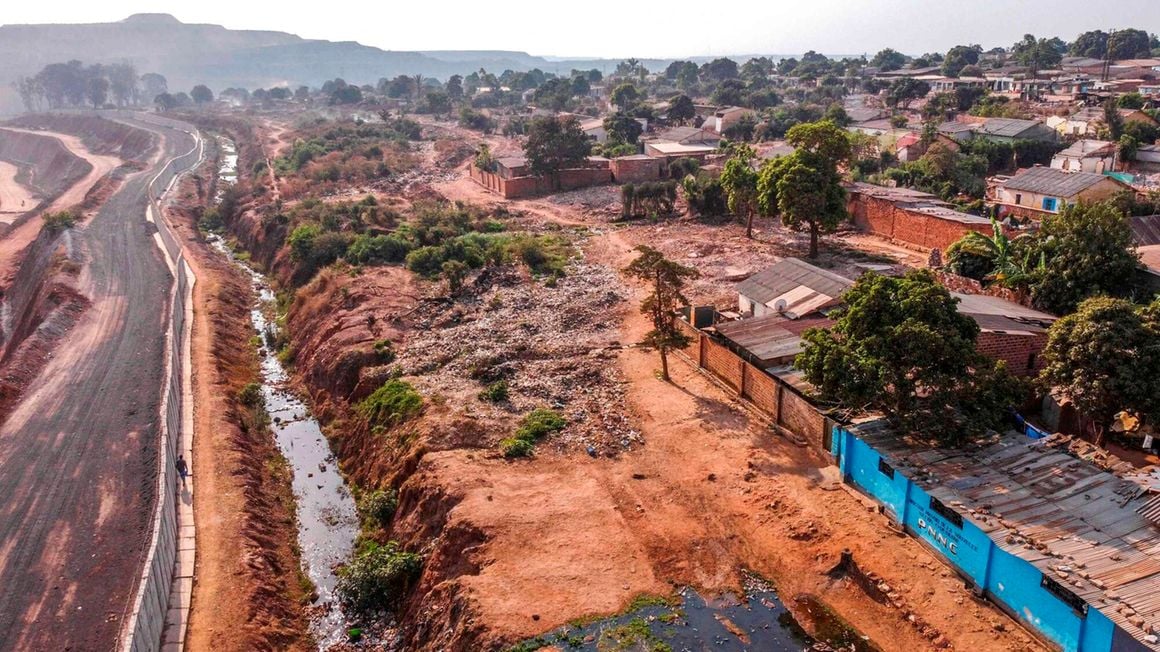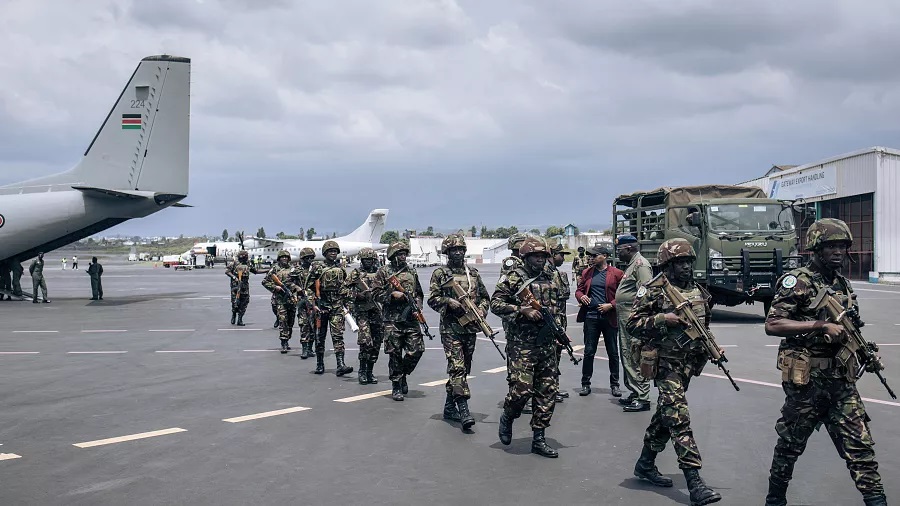Regional
Luanda Summit: Who will protect Congolese Tutsi if M23 withdraws?
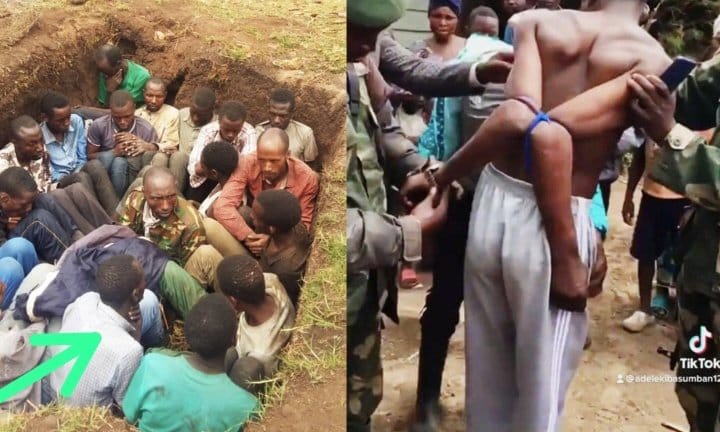
On
the invitation of Angolan President João Lourenço, Presidents Felix Tshisekedi
of DRC, Evariste Ndayishimiye of Burundi, and former Kenyan President Uhuru
Kenyatta who is the facilitator of the East African Community-led peace
process, and Rwanda's Minister of Foreign Affairs Dr Vincent Biruta, held a
mini-summit on the crisis in eastern DRC, in Luanda, Angola, on Wednesday,
November 23.
One
of the resolutions from the summit was that the M23 rebels withdraw from their
positions within the next 48 hours to pave way for the cessation of hostilities
in eastern DRC.
But
as the leaders were meeting, a disturbing video emerged on social media. In the
video, a Congolese Tutsi man is stripped naked, arms tied behind, severely
being beaten by Congolese police officers. They were hitting him with gun buts
on the head and shoulders. He was placed on a motorcycle between two police
officers and driven away. His body was never found.
A
day before the Luanda summit, the M23 rebels had issued a statement warning of
the looming genocide against Congolese Tutsi in Masisi. The world seems not to
care or give attention to M23’s concerns.
The
next morning, following the Luanda summit, another video emerged showing FDLR
militia members beating and lynching another Congolese Tutsi man. They brutally
hit him with clubs, set him on fire, and continued hitting him until he died.
More videos of such gruesome scenes continue to circulate on social media.
The
videos are taken by killers who want to show the world, and their backers, what
they are capable of. The videos are heart-breaking. These incidents are caught
on camera by the same murderers, who share them on social media. In all these
videos, the murderers are cheering and celebrating that they killed a Tutsi.
It
is obvious a genocide has been simmering in eastern DRC for the past few
months, since the resurgence of fighting between the Congolese army, their
allies, and the M23 rebels.
On
several occasions, senior government and military officials have come on record
to call upon the population to take up arms and kill Kinyarwanda-speaking
compatriots or even Rwandans living in the neighbouring country, while accusing
them of backing M23.
Such
threats have been followed by widespread attacks on the targeted group. No perpetrator
has ever been brought to book.
The
latest is a distress call that has been made by the M23 group; calling on the
international community to take action and avert this spreading anti-Tutsi hate
before it converts into a full-blown genocide. The M23 rebels are protagonists
in the ongoing fight. But this does not mean their claims of innocent civilians
being killed should be taken lightly, especially when backed by video evidence.
The M23 says it is fighting to protect the lives of Congolese Tutsi that are
threatened.
It
is worth noting that the FDLR, a militia group that is mainly made up of people
responsible for the 1994 Genocide against the Tutsi in Rwanda, are also within
the ranks of the Congolese military now leveraging this legitimacy derived from
the state to continue their genocide agenda, especially on Congolese Tutsi.
The
situation is also not helped by the seeming faltering of the peace process that
aims at silencing guns in the region through means of negotiations between all
involved parties. Every time the peace process fails or is frustrated like has
been the case with the Nairobi Process and other initiatives put in place to
pacify the region, it only exposes more innocent civilians.
Asking
the M23 to withdraw from their captured territories implies that the lives of
Congolese Tutsi there will remain in the hands of the Kinshasa government and
MONUSCO – yet, for decades now, Kinshasa and the UN Mission have failed to
protect the Congolese Tutsi and, instead, have been part of those trying to
massacre them.
The
withdrawal of the M23 rebels may cause more harm than good to the Congolese Tutsi
that were enjoying months of peace under the rebels’ protection.


